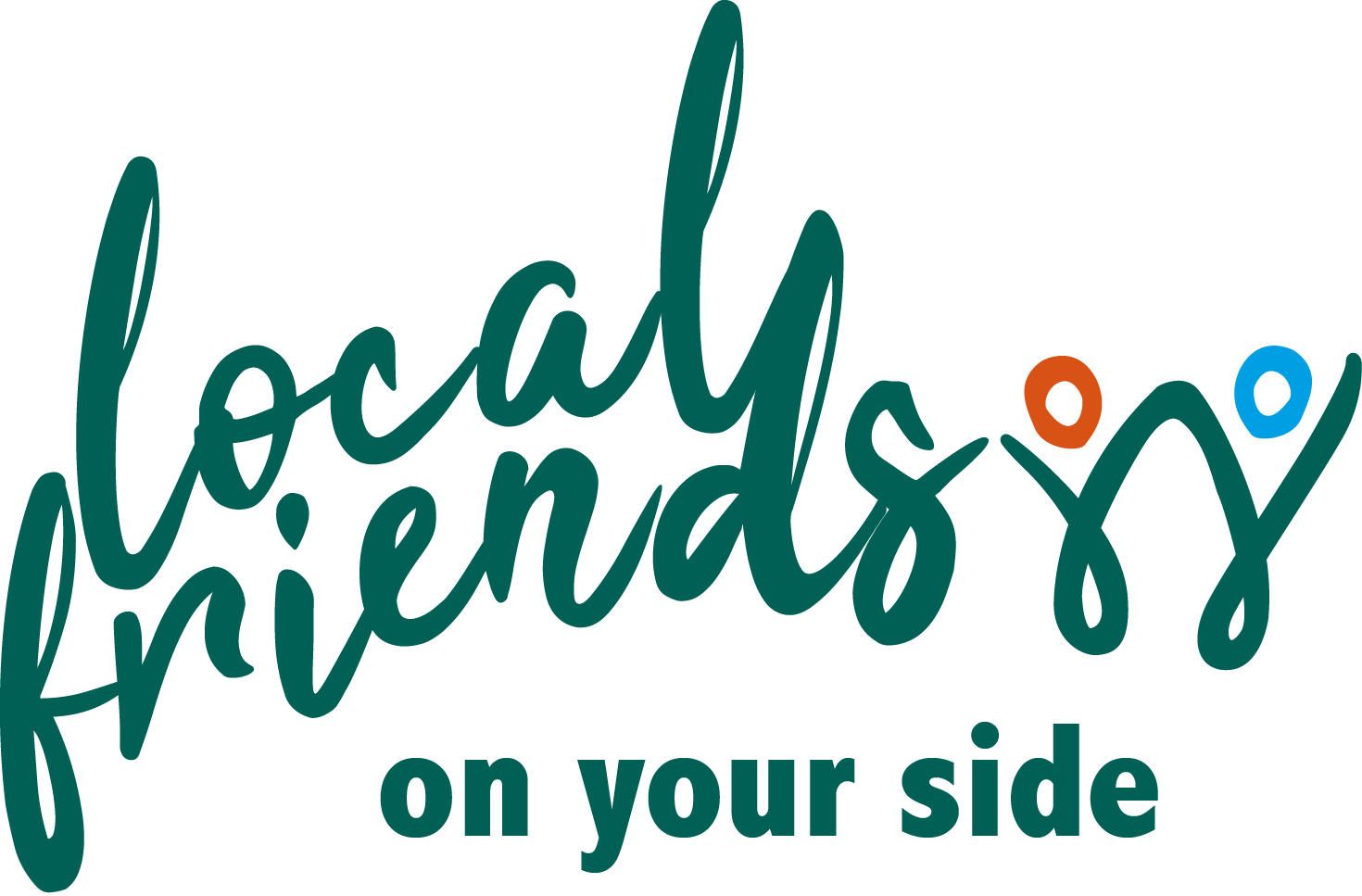Good Neighbours
Issues
Introduction
There are some obvious issues which need to be addressed in seeking to respond to the social distancing and isolation caused by the measures taken by the Government to counter the Covid-19 emergency.
The emergency has brought out many good people, offering to help their neighbours by collecting shopping and groceries. Online services have been set up, often using Facebook, to enable people who can offer help connect with those who need it.
But there are inherent problems in the situation. Some obvious examples include:
- people offering help who are not suitable or capable; and
- people seeking help who are demanding or manipulative.
Nobody knows what is normal because we have never been here before, and without experience or examples it can be hard to decide what is acceptable or not.
Offering Help
People who help others commonly struggle in a number of ways.
- Support: everyone who provides support to others should be supported themselves.
- Boundaries: when people ask you to do things, how do you decide when to say ‘no’?
- Responsibility: similarly, you have to decide how far your responsibility extends to the person you are helping, so (for example) if you suspect they are experiencing financial difficulties or domestic abuse, what can or should you do?
- Priorities: when lots of people need help, and your own family and obligations also need your time, how do you balance all these competing demands?
- Encouragement: sometimes people are appreciative and manage to express it, but it is hard to sustain support when it feels like you are being taken for granted.
In the long run, helping others on your own can rarely be sustained. If you keep saying ‘yes’, you generally end up doing more and more until you give up or break down; if you say ‘no’ when you could help someone in need, you feel guilty. When you find yourself caring for people, you need other people around you to help you keep your own needs in focus and prioritised appropriately.
Receiving Help
Receiving help is not straightforward, either.
- Boundaries: there are no clear boundaries, so how do you tell what you can reasonably ask?
- Finance: do you offer to pay for their petrol… or their time?
- Accountability: if you are not happy about some aspect of the situation, who do you ask?
- Expectations: you don‘t want to write out a long contract before you start – it feels ungrateful, and where do you start, anyway? – but you may feel easier if you had some sort of agreement in place.
You may notice small details which are awkward, or leave you feeling slightly anxious but are not serious enough to do anything about. If they go shopping for you but lose the receipt, or if their questions turn from general interest and friendliness into something which feels like prying. It is hard to complain when you need – or simply appreciate – their help.
A Healthy Framework
The basic answer to these concerns is for the helper to function within a framework of some kind which provides the basic essentials, as described in our volunteer training. It‘s not foolproof, but it avoids most problems, and provides a way to address the remaining ones quickly and (relatively) easily.



